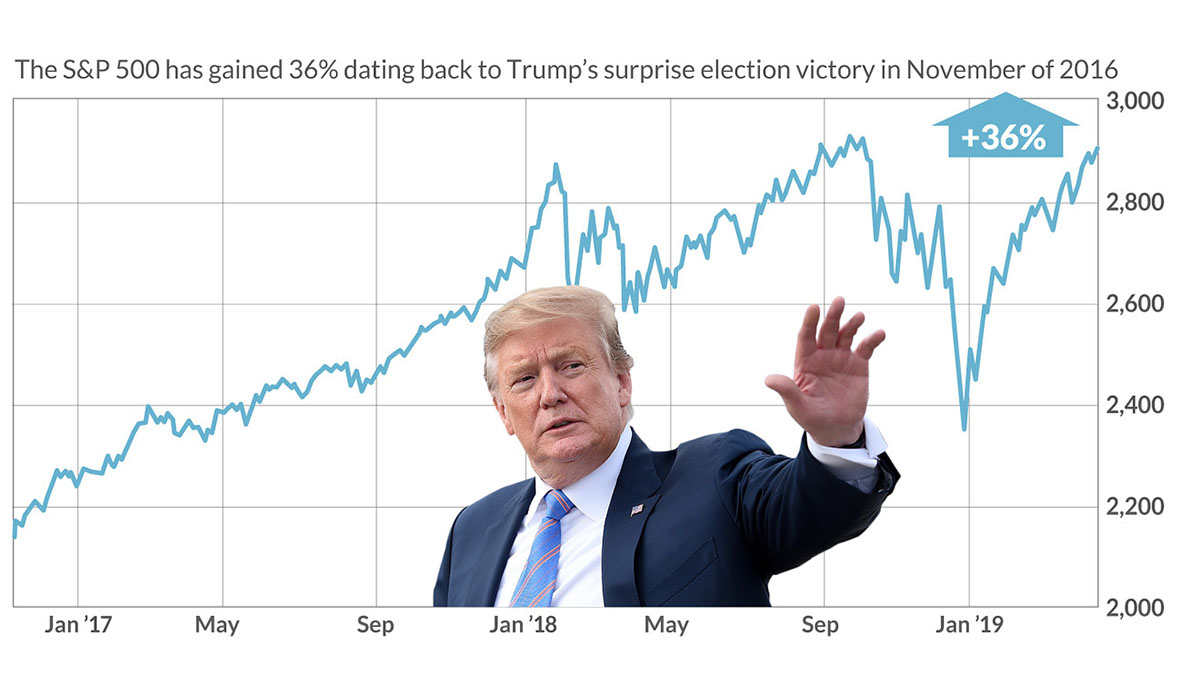Home>Finance>September Effect: Definition, Stock Market History, Theories


Finance
September Effect: Definition, Stock Market History, Theories
Published: January 27, 2024
Discover the September Effect in finance, including its definition, stock market history, and prominent theories. Explore how this phenomenon impacts investment strategies.
(Many of the links in this article redirect to a specific reviewed product. Your purchase of these products through affiliate links helps to generate commission for LiveWell, at no extra cost. Learn more)
The September Effect: Unveiling the Secrets of the Stock Market
Have you ever wondered why September holds a special place in the annals of stock market history? I certainly have! As an SEO expert, I’ve delved deep into the world of finance, and today, I want to share my insights about the September Effect with you. In this article, we’ll explore the definition, stock market history, and theories surrounding this intriguing phenomenon.
Key Takeaways
- The September Effect refers to the historical tendency of the stock market to experience lower returns and higher volatility during the month of September.
- Multiple theories have emerged over the years to explain the September Effect, including the timing of investor vacations, portfolio rebalancing, and end-of-quarter profit-taking.
Understanding the September Effect
The September Effect is a peculiar pattern that has puzzled investors and market analysts for decades. It refers to the historical tendency of the stock market to experience lower returns and higher volatility during the month of September. While it’s crucial to remember that past performance doesn’t guarantee future results, studying market patterns can help us gain insights into potential market behaviors.
The September Effect stems from the observation that September tends to be a turbulent month for the stock market. This volatility often leads to market downturns and subpar returns compared to other months. The exact reasons for this phenomenon are still a matter of debate, with several theories attempting to explain its occurrence.
Theories Behind the September Effect
Let’s explore some of the theories that have emerged over the years to explain the September Effect:
- Investor Vacations: Many investors may take vacations during the summer months, leading to reduced trading activity and lower liquidity in the market. When they return in September, their renewed activity can cause unexpected market movements.
- Portfolio Rebalancing: Institutional investors and fund managers often engage in portfolio rebalancing at the end of each quarter. This reallocation of assets can create market fluctuations, particularly during September, as they adjust their holdings to align with their investment strategies and goals.
While these two theories are among the most commonly discussed, it’s important to note that there isn’t a consensus regarding the precise cause of the September Effect. Market dynamics are influenced by a multitude of factors, including economic indicators, geopolitical events, and investor sentiment, making it challenging to attribute any single factor as the sole reason for the September Effect.
Is September Really a Month to Fear?
While the September Effect has caught the attention of many investors, it’s important to approach market patterns with caution. Investing decisions should be based on a comprehensive analysis of various indicators, trends, and individual risk tolerance, rather than solely relying on historical patterns.
Remember, future market behavior can deviate significantly from past patterns, and it’s essential to keep a long-term perspective when considering investment decisions. Markets can exhibit unexpected movements at any time, irrespective of the month or historical trends.
So, is September really a month to fear? The answer depends on your investment strategy, risk appetite, and overall market outlook. Ultimately, it’s crucial to adopt a prudent and informed approach, seeking guidance from financial experts, and conducting thorough research before making any investment decisions.
In Conclusion
The September Effect remains a captivating phenomenon in the world of finance. While the historical tendencies of the stock market provide insights into past patterns, they should never be the sole basis for investment decisions. Instead, a comprehensive analysis that takes into account various factors, including economic indicators and individual risk tolerance, should guide your investment strategies.
So, the next time September rolls around, remember to approach the market with a balanced perspective, armed with knowledge, and ready to navigate any twists and turns. Happy investing!














